How do you fuel your body for a workout?
Is your body getting what it needs in order to recover and gain the benefits from a hard training session?
Here are some tips on how to fuel your body, so you can keep doing what you love.
Maintain Overall Healthy Diet
First and foremost, it is important to emphasize an overall healthy diet. What is a healthy diet? It doesn’t have to be anything fancy and you definitely don’t have to be a saint.
Firstly, try to make a concerted effort to limit your intake of sugar and processed foods. By not filling up on those foods that provide little to no nutritional value, you have already achieved a big health win.
Secondly, focus on vegetables and fruits (with a primary focus on vegetables). Take every opportunity you can to add more of these into your diet. For fruit, try and reduce kinds that have a high Glycemic Index (GI) as they can elevate your blood sugars fairly quickly. Fruits with low GI have a more stable affect on your blood sugar, like berries, and are also high in antioxidants. Vegetables and fruits also offer more than just fiber, in fact they are a rich source of nutrients that your body needs to function optimally.
Branch out and get inspired! Try to incorporate other carbohydrates into your diet such as lentils, beans, purple barley and quinoa (which also have a low GI) instead of rice and potatoes.
Contrary to belief, most people are probably not getting enough protein in their diet. Protein is the building block for our tissues and enzymes amongst other things. Protein also helps you feel satiated and ties you over between meals. Try incorporating protein from various sources such as eggs, fish, meats and plant-based throughout the day.
Lastly, a healthy dose of good fats from the Omega 3 group which can be found in nuts, avocado and fatty fish is essential to brain function.
When to Fuel
If you exercise for general health and wellness, which may look like moderate exercise 4 days a week for under an hour, then you may not need to add any additional fueling to your diet as a healthy, well balanced diet will serve you well.
If you are training for something more physically demanding such as a marathon, then you will need to not only make sure you are getting enough daily calories, but you will also need to supplement before and during training. Try to have something light to eat about 1-2 hours before a long training session such as a smoothie, then aim to consume about 30-90 grams of good carbohydrates per hour.
Avoid fueling your body with things that are just candy in disguise. Stick to food that is easy to digest such as dates, nut butters (if not allergic) or granola bars. Experiment and find out what works for you.
How to Recover
The tendency is to go straight for a sweet treat or salty snack after a long training session, but you aren’t doing your body any favours. If you truly want to recover from a hard workout so you can absorb all the benefits from training, then stick with nutrient dense foods. Try to incorporate vegetables, fruit, and good fats to help reduce inflammation as well as complex, low GI carbohydrates to refuel your glycogen levels. And finally incorporate adequate protein to help repair and rebuild your tissues.


